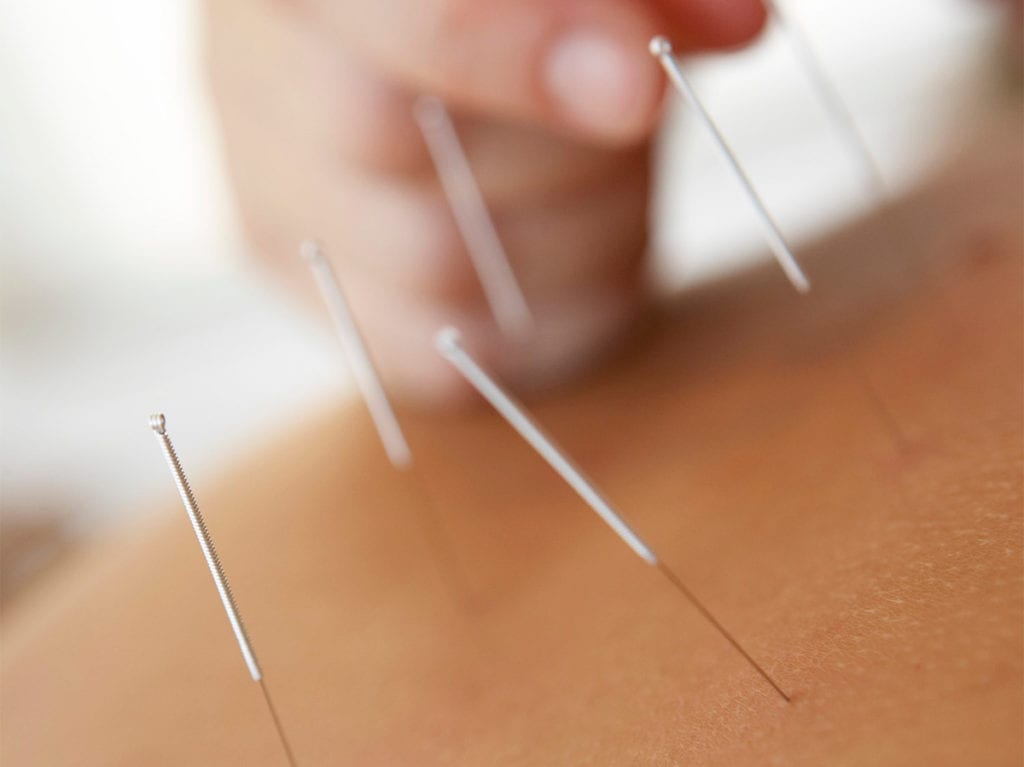
WHAT IS ACUPUNCTURE?
Traditional acupuncture is a healthcare system based on ancient principles, which go back nearly two thousand years. It has a very positive model of good health and function and looks at pain and illness as signs that the body is out of balance. The overall aim of acupuncture treatment, then, is to restore the body’s equilibrium. What makes this system so uniquely suited to modern life is that physical, emotional and mental are seen as interdependent, and reflect what many people perceive as the connection between the different aspects their lives. Based on traditional belief, acupuncturists are trained to use subtle diagnostic techniques that have been developed and refined for centuries. The focus is on the individual, not their illness, and all the symptoms are seen in relation to each other. Each patient is unique; two people with the same western diagnosis may well receive different acupuncture treatments. Traditional acupuncturists believe that the underlying principle of treatment is that illness and pain occur when the body’s Qi, or vital energy, cannot flow freely. There can be many reasons for this; emotional and physical stress, poor nutrition, infection or injuries are among the most common. By inserting ultra-fine sterile needles into specific acupuncture points, a traditional acupuncturist seeks to re-establish the free flow of Qi to restore balance and trigger the body’s natural healing response.
BENEFITS OF ACUPUNCTURE
Acupuncture may reduce the experience of pain by 50%, according to scientific research. Whilst evidence is mixed, a ‘clear and robust’ effect of acupuncture in the treatment of back pain, neck pain, shoulder pain, headaches and osteoarthritis has been reported. According to the NHS, acupuncture needles stimulate sensory nerves under the skin and in the muscles, promoting the release of natural pain-relieving neurotransmitters and neurohormones such as endorphins. Acupuncture is recommended by the National Institute for Clinical Excellence as a treatment option for migraines and chronic tension-type headaches.
An increasing number of people are seeking acupuncture for stress. Animal studies indicate that acupuncture reduces levels of neuropeptide Y (NPY) in rats under stress, a protein which is linked to chronic stress in humans. Whilst research on humans is still limited, results suggest that acupuncture may help to relieve the symptoms of chronic stress.
Several studies suggest that acupuncture for anxiety can effectively reduce symptoms. In fact, a single 20-minute acupuncture treatment seems to have a measurable effect.
Research on acupuncture for depression suggests that electroacupuncture – a form of acupuncture in which a mild electric current is transmitted through the needles – may be as effective as antidepressant medication, helping to alleviate not only the symptoms but also the biochemical markers of depression.
Certain studies suggest that acupuncture can help to regulate insulin production and blood sugar levels, and improve blood lipid profiles too.
One review indicates that fertility acupuncture may boost a woman’s odds of falling pregnant by 65%. The British Acupuncture Council suggests that acupuncture may boost fertility by regulating hormone function, relaxing muscles, increasing blood flow to the ovaries and uterus and tackling the effects of PCOS.
Some evidence suggests that acupuncture may help to stave off age-related cognitive decline. It has also been found to improve working memory in younger adults.


